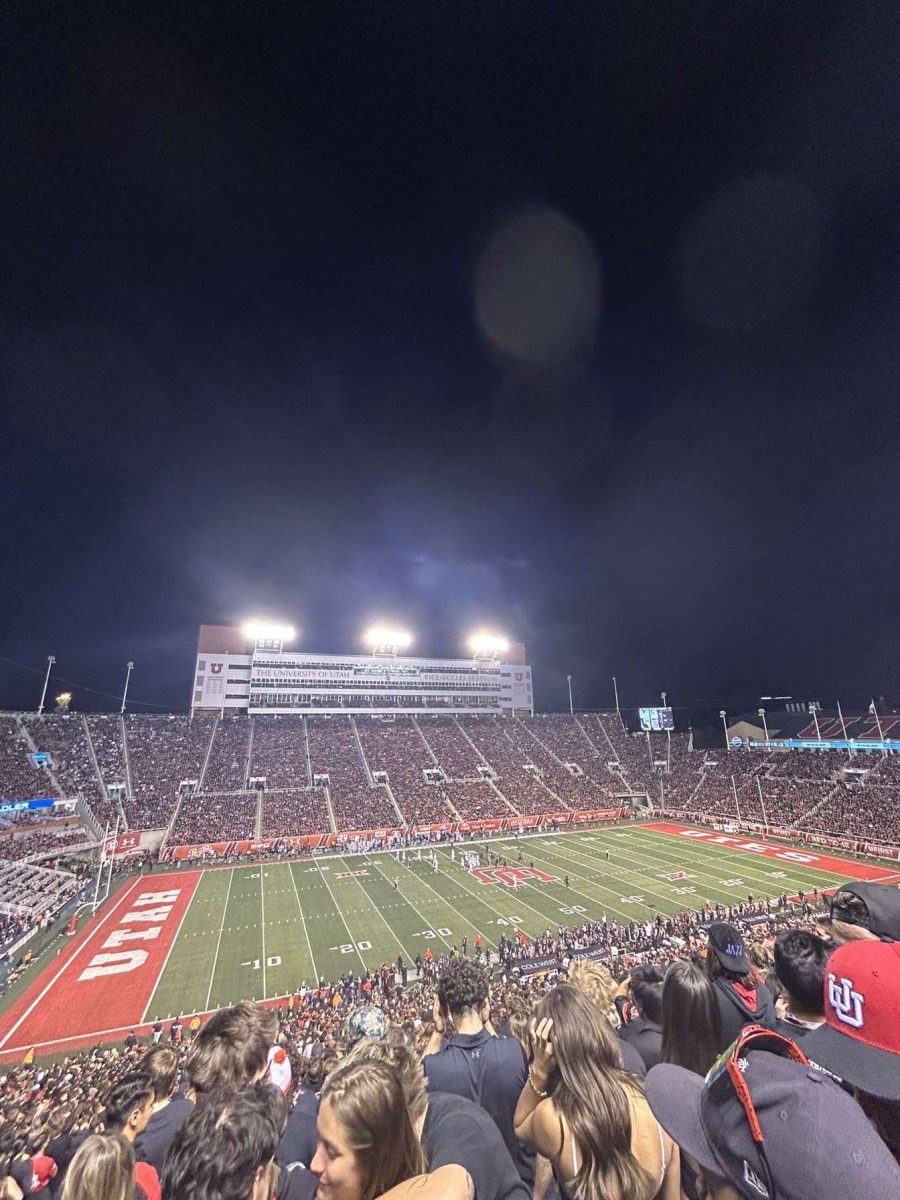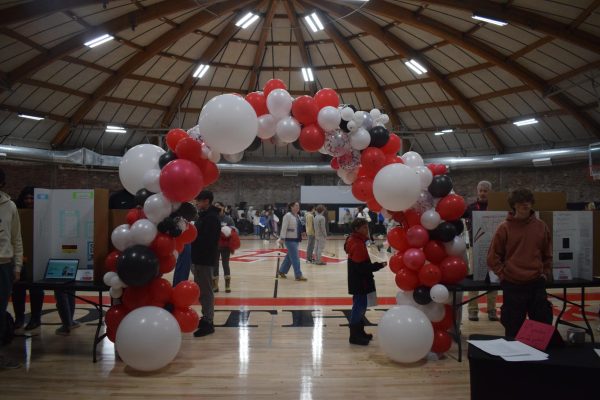Recidivism Rates: Homelessness, Treatment, Lack of Rehabilitation
There are over 600,000 people released from prisons and roughly 7 million people released from jail in the United States each year alone; a considerably high number of those same people circulate back into the system, proving nothing but the fact that the U.S. Prison System is malfunctioning in one large area: the lack of rehabilitation.
Although prison or jail is a blatant punishment, this does not give the government the right to ignore incarcerated individuals and deny them help. According to the Prison Policy Initiative, over half of the people in state prisons have been diagnosed with a mental disorder. This is coincident with 66% of people claiming to never have received mental health care while incarcerated in federal prisons. If that 66% of people received adequate aid with a proper diagnosis, substance abuse care if necessary, and treatment, then the number of formerly incarcerated individuals would decrease significantly.
Zoning in on a more local level, according to Colorado Politics, Colorado has a recidivism rate of 50%.
Recidivism is when a person repeats an unfavorable act or behavior after already having experienced negative consequences from said behavior. In this context, that refers to formerly incarcerated individuals repeating any time in prison or jail. This expands from our community to all over the world.
An additional topic worth covering is formerly incarcerated people experiencing homelessness. Housing Up believes that there is a link between homelessness and incarceration.
“For too many, release from incarceration can mean continued hardship. Research indicates that there is a reciprocal relationship between incarceration and homelessness in which the likelihood of both experiences is heightened by the other. Experiencing incarceration exacerbates challenges in securing housing, increasing the likelihood of experiencing homelessness,” Housing Up wrote.
Homelessness is specifically a problem in DC. Research from the DC Fiscal Policy Institute states that out of around 3,800 people experiencing homelessness in DC, 57% reported that they had also experienced incarceration. 55% stated that incarceration was one of the leading causes of their homelessness experience. This is a direct correlation; this fact should not be up for debate. One cause of this is the lack of pay or very low wages. With the high rates of rent and any form of payment for housing, the average pay being between 12 cents to $1.15 per hour. This is not to disregard the number of people that are denied the opportunity to work at all while incarcerated.
Additionally, the importance of rehabilitation in prisons cannot be stressed enough. Thomas Fagan, former prison psychologist said it best; “mental health care is a necessity, not a luxury.”
The more we treat mental health treatment or rehabilitation of any kind, such as substance abuse, the less likely it is for someone to become reincarcerated. In other words, recidivism rates would decrease. Recidivism rates are high right now, especially in the United States; homelessness and a lack of rehabilitation heavily the numbers.

Quintessa Frisch is a senior at Aspen High School. This is her fourth year writing for the Skier Scribbler, and she has taken on the role of Editor-in-Chief...


























